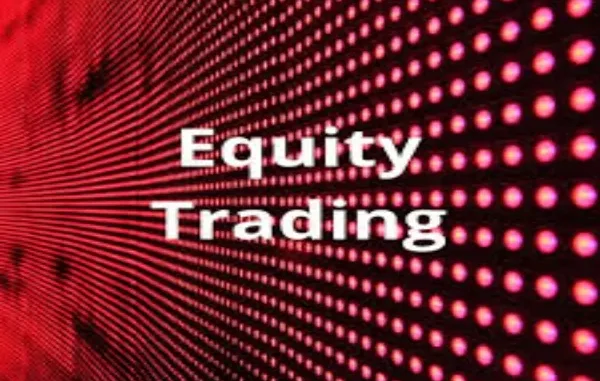
Understanding how market trends affect investment decisions is crucial for investors. These trends are influenced by various factors, which can significantly impact the choices made in the trading environment. A clear comprehension of these trends can lead to more informed and strategic decisions, ensuring better investor outcomes. This understanding not only helps in making profitable investments but also in avoiding potential risks that could lead to financial losses.
Short- and long-term market trends are pivotal in the equity trading landscape. This article explores several key impacts of market trends. By examining these factors, traders can better navigate the complexities of the trading environment. With the right knowledge, traders can adapt their strategies to align with prevailing conditions, enhancing their chances of success.
Economic Indicators and Their Influence
Economic indicators, like GDP growth rates, employment figures, and inflation data, are essential in shaping market trends. Positive economic indicators often increase investor confidence, resulting in a bullish market. Conversely, negative indicators can create a bearish environment, prompting investors to sell their shares. Therefore, staying informed about economic data releases can help traders make timely and strategic decisions. The ability to interpret these indicators correctly is critical for predicting future movements.
Geopolitical Events and Stability
Geopolitical events, including elections, wars, and trade agreements, can significantly impact market trends. For instance, political instability or conflict can lead to volatility, causing stock prices to fluctuate unpredictably. Conversely, political stability and favourable trade agreements can expand investor confidence and lead to positive market movements. Traders must monitor global news and geopolitical developments to anticipate potential market shifts. Understanding the implications of these events can aid in making more informed trading decisions.
Technological Advancements and Disruptions
Technological advancements, like the rise of artificial intelligence and blockchain, can create new opportunities and challenges in the trading environment. These innovations can shift trends by altering how trades are executed and how information is disseminated. For example, adopting high-frequency trading algorithms has changed the dynamics of market movements, requiring traders to adapt to faster-paced trading environments. Keeping abreast of technological trends can provide a competitive edge in the market.
Regulatory Changes and Market Dynamics
Regulatory transformations can have a profound impact on market trends. New regulations can introduce uncertainties and affect stability, influencing equity trading strategies. For instance, changes in financial policies, such as interest rate adjustments or tax reforms, can lead to shifts in investor behaviour. Traders must stay current on regulatory developments to adapt their strategies accordingly. A proactive approach to regulatory changes can mitigate risks and capitalise on new opportunities.
Global Economic Interconnections
The connectivity of global economies means that events in one region can have surge effects worldwide. For instance, economic slowdowns in major economies lead to reduced need for goods and services, affecting companies’ stock prices globally. Understanding these global linkages is essential for traders to anticipate potential market shifts and adjust their strategies accordingly. Recognising the global impact of regional events can enhance trading strategies and decision-making.
Sector-Specific Trends and Their Impacts
Different sectors of the economy can experience unique trends that influence stock prices. For example, the technology sector may see rapid growth due to innovation, while fluctuations in oil prices may impact the energy sector. Traders must understand sector-specific trends to decide which stocks to invest in and which to avoid. Analysing sector-specific data can provide insights into future market behaviour and investment potential.
Volatility and Risk Management
Market trends often bring about periods of high volatility, which can present opportunities and risks. Traders must create robust risk management strategies to protect their investments during volatile times. This includes setting stop-loss orders, diversifying portfolios, and staying informed about market conditions. Effective risk management can safeguard investments and optimise returns during fluctuations.
The impact of market trends on equity trading is multifaceted and dynamic. Comprehending these aspects is essential for traders to navigate the complexities of the market effectively. By staying informed and adapting to changing situations, traders can make more strategic decisions and enhance their chances of success.






Leave a Reply